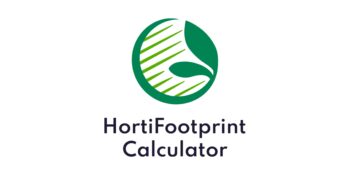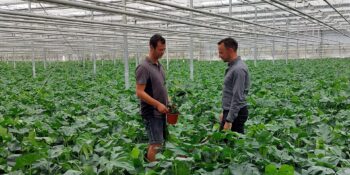Both the war in Ukraine and COVID-19 have exposed connections that many were unaware of. Kenyan flower companies told me last week that fertiliser prices have doubled or more as compared to five or six weeks ago. This is because fertiliser is largely made from fossil gas and it requires a lot of energy to make. The number of passenger flights from Nairobi to the Benelux is still not at pre-corona levels, which directly limits the export capacity of flowers. And these are just a few connections in the floriculture sector.

These connections indicate the interdependence of the international economy. When existing connections come under pressure, the first reaction of business associations and governments is often to request or introduce support measures or exceptions. This way the existing way of working can be continued.
But as Churchill said, “Never let a good crisis go to waste”. Many of the economic connections that are now coming to light sharply illustrate our fossil dependence. The gas price is high. Would it be better to help companies pay that gas price or would it be better to give them a subsidy or an attractive loan for switching to sustainable energy and/or less energy-intensive crops? The dependence on energy and raw materials, especially heating, air transport, fertiliser and packaging, will have to be reduced. Companies and governments would be wise to start this movement vigorously.
Many inspiring steps have already been taken. Many companies are switching to sustainable energy. In Kenya, an estimated five percent of all flowers now leave the country by sea. That is still modest, but the ambition is 50 percent by 2030. Some companies are already there. Where there is still a lot to be achieved, is saving energy, fertiliser and packaging.
To find out where the possibilities lie at the farm or nursery, it is wise to measure the ‘carbon footprint’. For several years now, MPS has been involved with various partners in the development of a standard method for floriculture at European level to calculate this footprint. The information from MPS-ABC can now be used to calculate a carbon footprint of the farm using the HortiFootprint Calculator. We want to make a significant contribution to making MPS customers and partners more sustainable in the coming years. That will be a journey of which no one knows the route yet, but let’s get on the move together!



